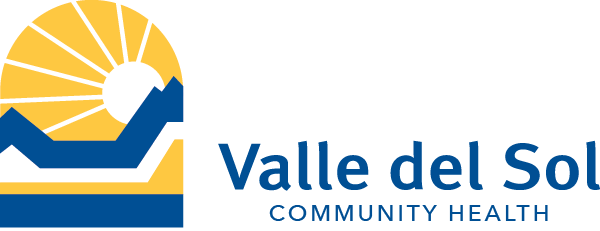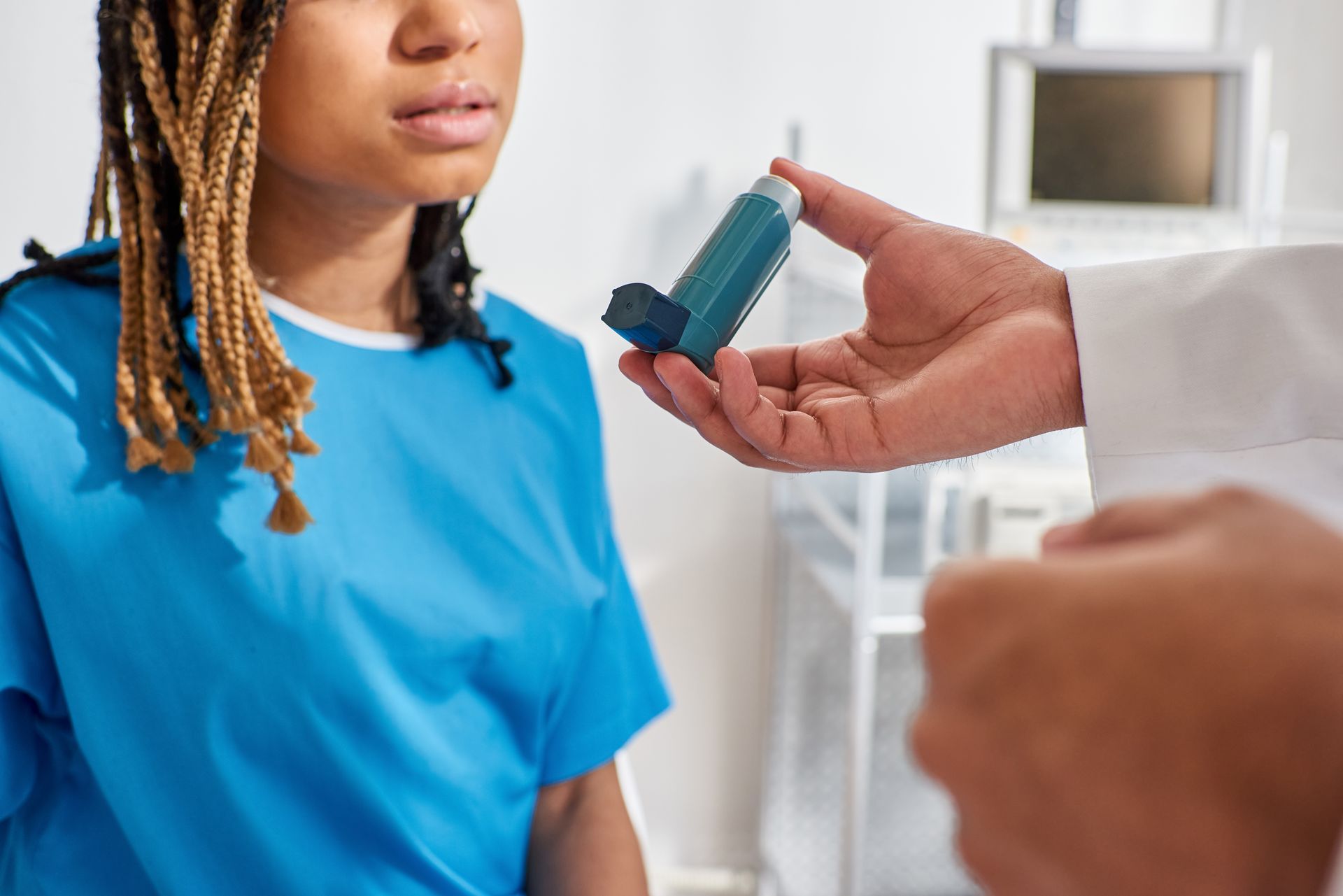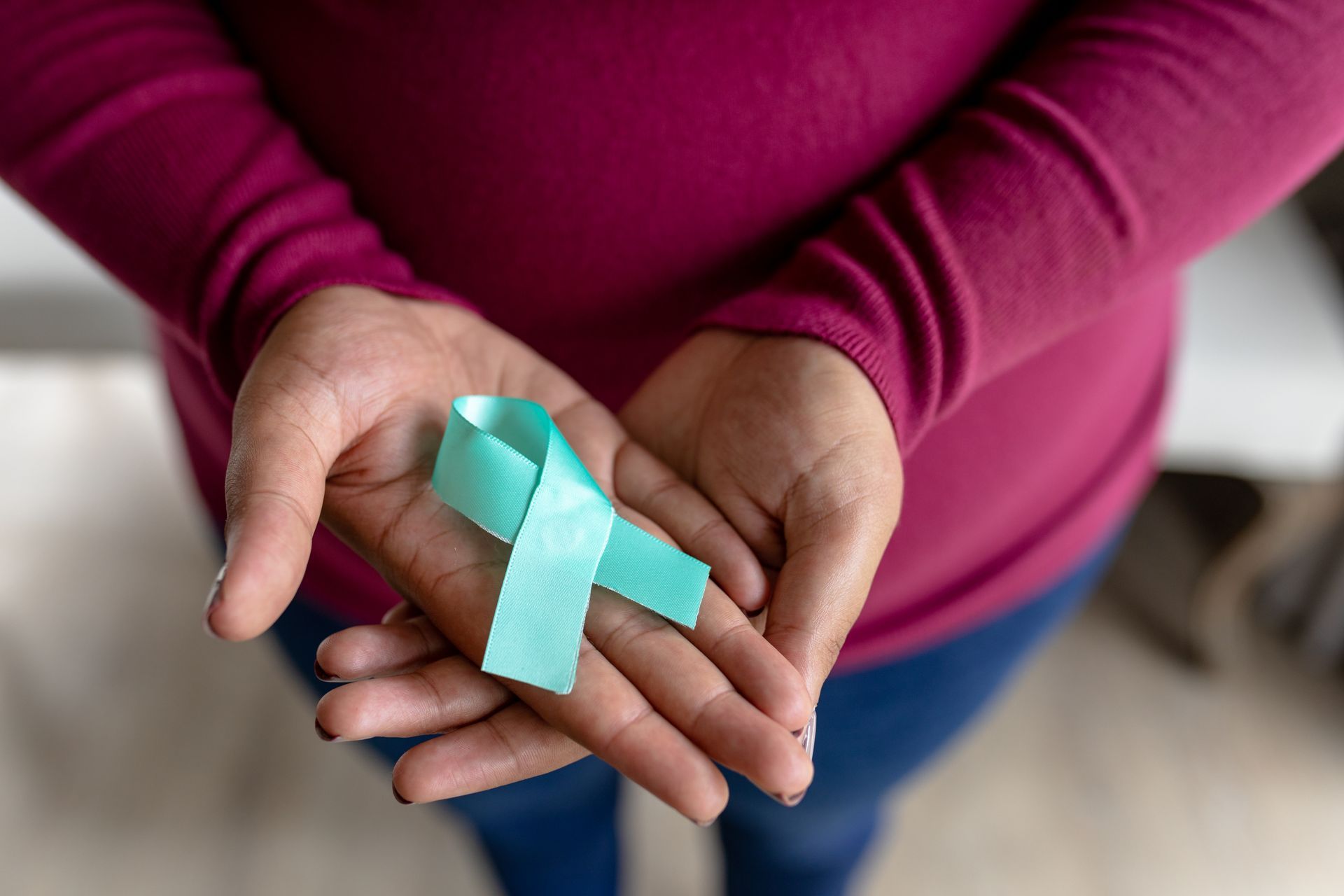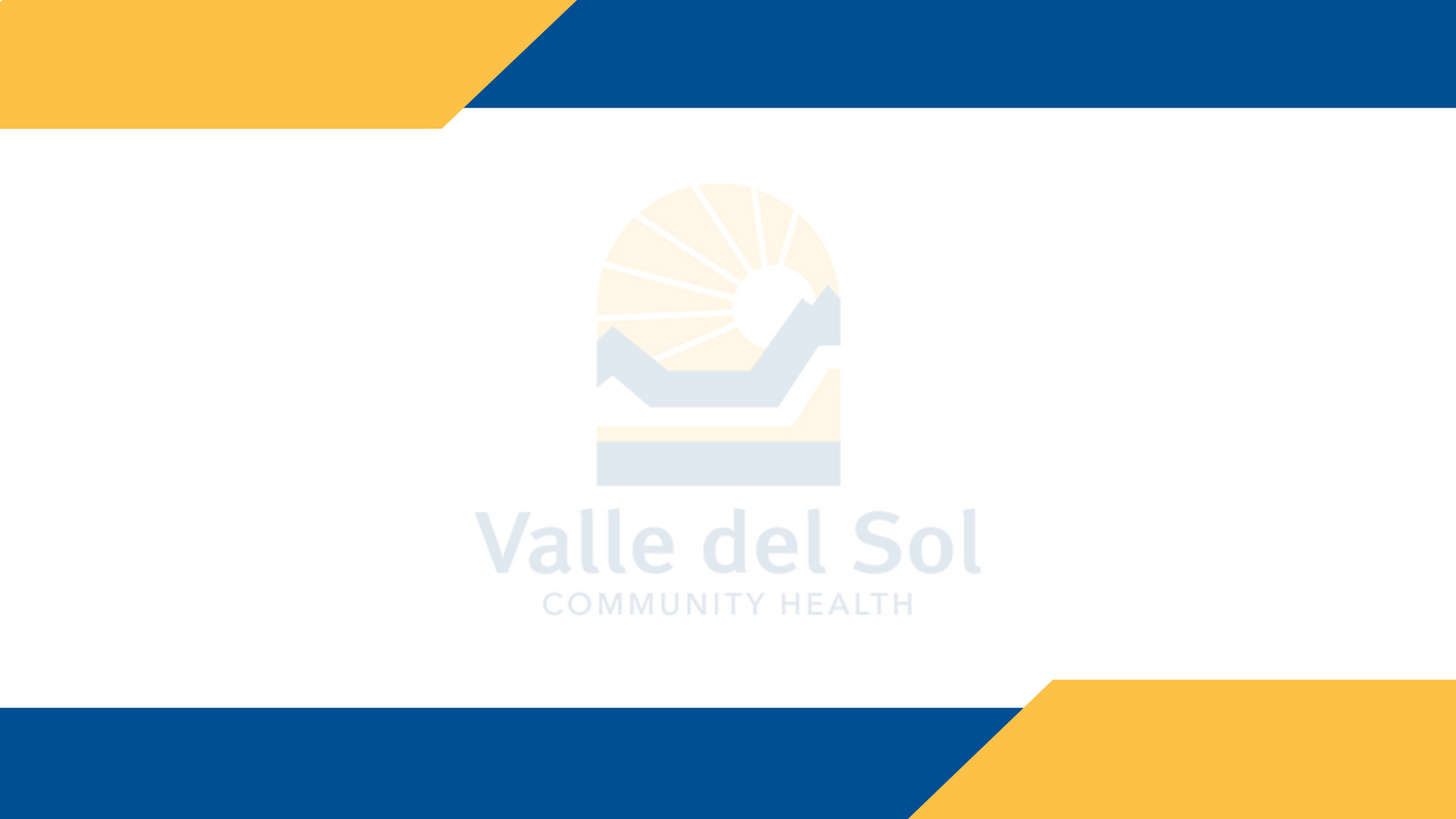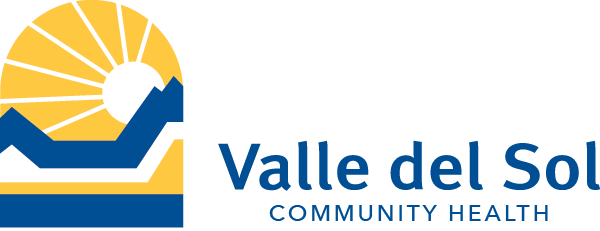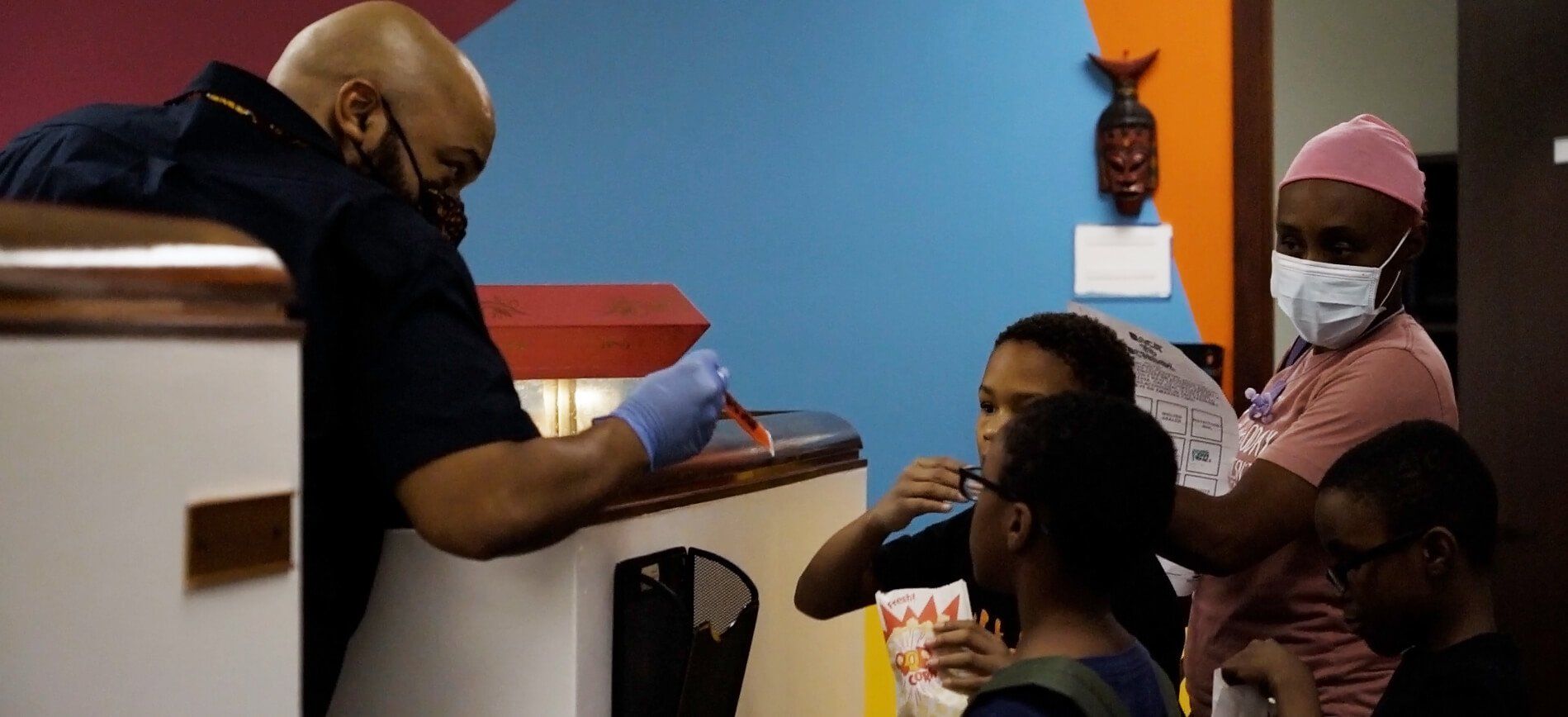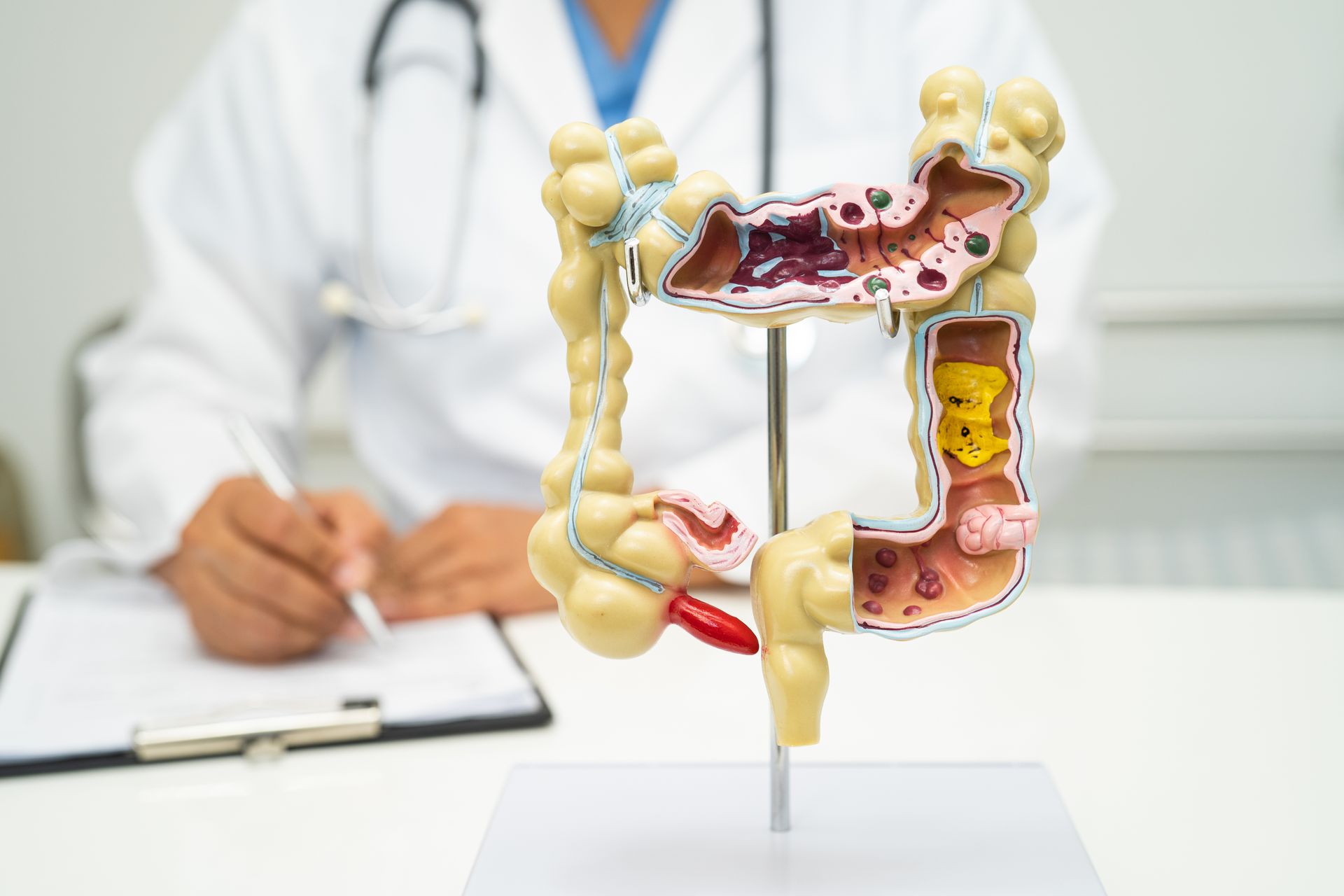
Early colorectal cancer screening saves lives by making it possible to diagnose cancers of the colon and rectum in their early stages. The 5-year survival rate for early-stage colorectal cancers is much higher than the 5-year survival rate for late-stage colorectal cancers — as high as 91% compared to as low as 13%. When caught early, colorectal cancer is extremely treatable, but many people delay or avoid screenings due to fear, misconceptions, or a lack of awareness. This guide explores the following topics to help you understand your screening options: Understanding colorectal cancer and its risks Recommended screening guidelines and options Overcoming fears and misconceptions about screenings How to talk to your doctor about screening Taking the next step: Scheduling your screening Learn more about colorectal cancer and discover why getting screened is so important. Early Detection Saves Lives — Find a Valle del Sol Clinic Near You! At Valle del Sol, we inspire people to live healthy, empowered, and productive lives. We accept Medicare and Medicaid, along with other forms of insurance, allowing you to get the care you need. Find out how our preventive care services can help you take control of your health. Book an appointment Understanding Colorectal Cancer and Its Risks More than 53,000 Americans die from colorectal cancers each year, making cancers of the colon and rectum the second leading cause of cancer-related deaths in the United States. However, regular screenings significantly reduce the risk of death, increasing the 5-year survival rate to 90% when this type of cancer is discovered in its early stages. Some people have a higher risk of developing colorectal cancer than others. These are some of the most common risk factors: Obesity Age (45+) Smoking Family history of colorectal cancers A diet high in processed foods Although colorectal cancer has a high survival rate when caught early, it remains a significant public health concern due to low screening rates. Recommended Screening Guidelines and Options The U.S. Preventive Services Task Force recommends all adults get regular screenings starting at age 45. Colonoscopy and stool-based testing are the most common screening options. Colonoscopy is the most comprehensive test for identifying polyps and cancer. A polyp is a clump of cells that grows within the colon or rectum. Some polyps eventually turn into cancer, so a colonoscopy offers an opportunity to remove them before they become cancerous. The USPSTF recommends a colonoscopy every 10 years if you have a normal risk level. You may need more frequent screening if you have a family history of colon cancer or other significant risk factors. Stool-based tests, including Cologuard and FIT (fecal immunochemical test), look for hidden blood or abnormal DNA particles in the stool. Many people prefer stool tests because they're noninvasive and can be done at home. However, a positive test requires follow-up with a colonoscopy. Overcoming Fears and Misconceptions About Screenings Many people avoid screenings due to embarrassment or misconceptions. These are some of the most common myths: "I don't have symptoms, so I don't need to get screened." Some colorectal cancers are silent — that is, they don't cause symptoms right away. Early screening helps detect these cancers. "A colonoscopy is painful and embarrassing." Medical professionals perform these procedures daily, so there's no judgment. You're also sedated during the procedure, eliminating pain and embarrassment. "I can't afford a screening." Medicare, Medicaid, and many private insurance plans cover most or all of the cost of screening, making early detection more affordable. How to Talk to Your Doctor About Screening If you're not sure how to start a conversation with your doctor, here are a few ideas: I just turned 45. Do I need to schedule colorectal cancer screening ? Someone in my family had colon cancer. When should I start screening? Do I have to get a colonoscopy, or is stool-based testing an option for me? I just scheduled my first colonoscopy. What should I expect before, during, and after the procedure? Having an open discussion with your healthcare provider eliminates misconceptions and ensures you understand your screening options. Taking the Next Step: Scheduling Your Screening Routine screenings can detect colorectal cancers before you have any symptoms. If you're 45 or older, ask your doctor if it's time to start screening. If you have a family history of colon cancer, start the discussion earlier. You may need screening before the age of 45. Be sure to take advantage of your insurance coverage to minimize the costs of colorectal cancer screening. Valle del Sol clinics accept Medicare and Medicaid, making it easy for more people to get screened for colorectal cancer. Take Charge of Your Health — Schedule a Colorectal Cancer Screening Today! Founded in 1970, Valle del Sol takes an integrated approach to health care. Find out how combining preventive care services with early screening can help you live a healthier, more productive life. Book an appointment

Carmen Heredia, CEO of Valle del Sol, will be named to the prestigious Sun Devil 100 Class of 2022, sponsored by the Arizona State University Alumni Association. Heredia will be honored on April 28 at the awards celebration on ASU’s Tempe campus. The Sun Devil 100 celebrates the achievements of ASU alumni who own or lead businesses across the globe. Spanning industries and locations, the university has an impressive history of entrepreneurship and leadership from its students and alumni. The Sun Devil 100 awards program invites these innovative leaders back to campus for a celebration in their honor. Valle del Sol was founded in 1970 and helps thousands of men, women, children, and families each year through primary and behavioral health care, counseling, substance abuse treatment, support services, and leadership development programs. Heredia graduated from ASU in 2005 with a BS in psychology and received an MS in social work planning and administration in 2009. To be considered for the Sun Devil 100, companies must be ASU alumni-owned or -led; have been in business for at least three years; have revenues of $250,000-plus for the past three years, and operate in a manner consistent with the ASU Charter. See a list of all honorees for this year’s class of the Sun Devil 100 by visiting Sun Devil 100 | Alumni (asu.edu) .
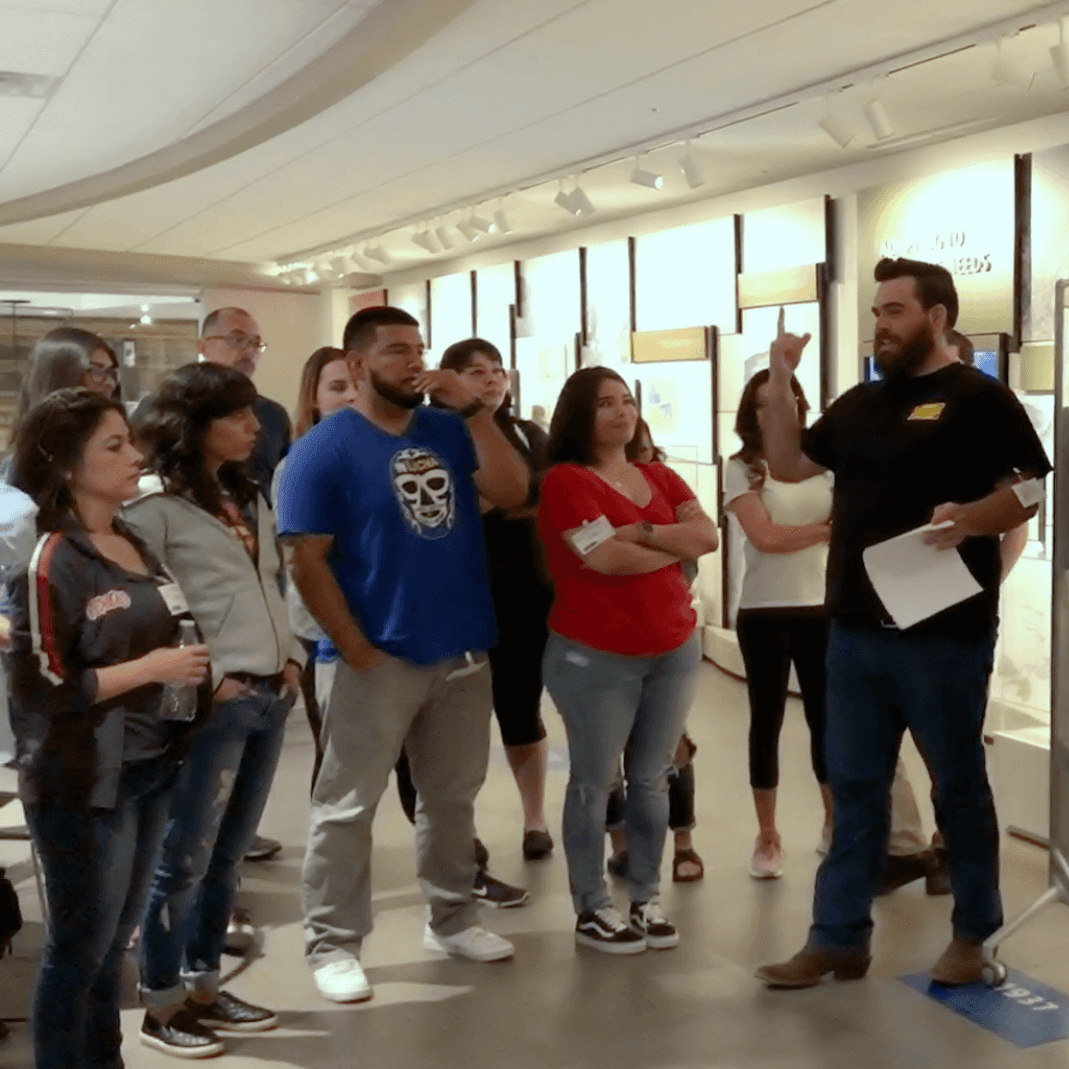
Valle del Sol is excited to announce the 2022 class of its Hispanic Leadership Institute (HLI) for its Phoenix program. The class is comprised of 16 Hispanic professionals from the public, nonprofit and private sectors, who will gain the knowledge and tools to have a positive impact as leaders within their respective organizations and in the communities they serve. “After postponing the HLI program for over a year due to the pandemic, we are thrilled to be receiving the newest class of leaders,” said Carmen Heredia, CEO for Valle del Sol. “This class represents a variety of communities and comes from different walks of life. They will each bring unique, lived experiences that will help make the experience more dynamic. We hope each participant will take away many lessons to help them become stronger leaders for the communities they represent.” HLI promotes the individual development of Latinos for increased participation in leadership roles and serves as a principal education and networking resource for expertise and advocacy on leadership issues affecting Latino communities. Participants are given the opportunity to engage Arizona’s foremost business, education, and government policy experts in a dialogue about leadership and their role in creating a thriving economy. The curriculum builds from participants’ experiences, emphasizing personal and professional development with sessions focusing on cultural and personal identity, serving on a board, ethics, and media training. HLI is a statewide network of leadership development programs, in urban and rural communities alike. The 2022 HLI Phoenix Class includes: Nicole Garcia – Superior Court in Maricopa County Rachel Jimenez – Raza Development Fund Jonathan Yamasaki – Be A Leader Foundation Salvador Macias – Macias Law PLC Miguel Solorio – Orcutt Winslow Partnership Flavio Bravo – Arizona Advocacy Foundation Valerie Martinez – Sonoran Prevention Works Christina Barnes – State of Arizona Sandra Carranza – NBC Universal Telemundo Enterprises Ignacio Mercado, Jr. – Washington Elementary School District Maria Valenzuela – Esperanca, Inc. Clarissa Felix Ortega – Mountain Park Health Center Jessica Guzmán – Valle del Sol Mathew Nevarez – State of Arizona Stefanie Vezzetti – Choice Hotels International Maria Victoria Nelson – Salt River Project Learn more about Valle del Sol’s leadership program by visiting our HLI page online .


